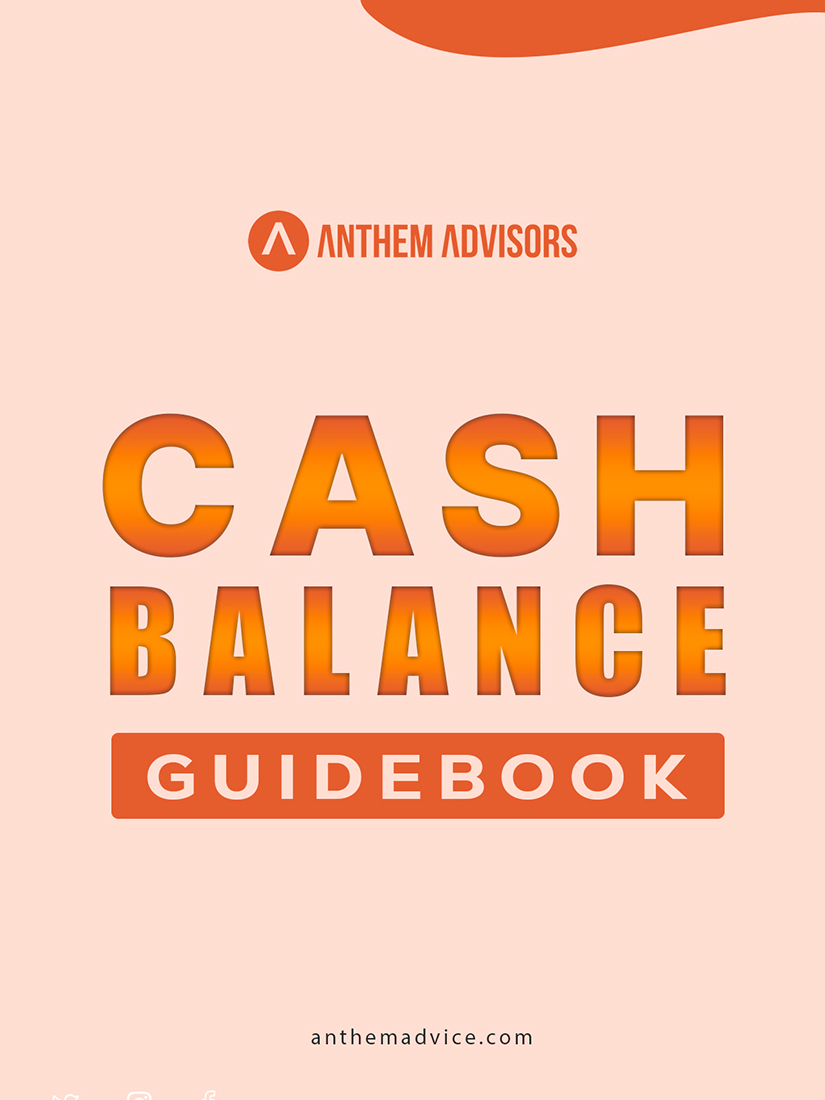Estate planning is more than just drafting a will. It encompasses a range of preparations for the management of an individual’s asset base in the event of incapacitation or death. The components of a robust estate plan include wills, trusts, health care directives, and powers of attorney, each serving a unique purpose in safeguarding an individual’s interests and wishes. Who Needs an Estate Planner?
While it’s a common misconception that estate planning is only for the wealthy, the reality is quite different. Various individuals can benefit from the services of an estate planner:
1.Individuals with Significant Assets: Anyone with substantial assets, including real estate, investments, and businesses, should consider estate planning to manage these assets after death.
2.Families with Minor Children: Parents can use estate planning to appoint guardians for their children, ensuring they are cared for by trusted individuals.
3.Business Owners: For those who own businesses, estate planning is vital for succession planning and minimizing disruptions.
Individuals with Special Needs Dependents: Estate planning can provide for the long-term care and financial support of dependents with special needs without jeopardizing their eligibility for government benefits.
4.Retirees: Planning can help retirees manage their assets and healthcare directives, ensuring their wishes are followed in later life stages.
Benefits of Hiring an Estate Planner in Miami
To address your questions about estate planning with reputable sources, here are some references that can provide detailed insights:
1.How does estate planning differ for Miami residents compared to other states?
Estate planning in Miami, like in the rest of Florida, may have unique considerations due to state-specific laws, especially regarding homestead exemptions and asset protection. For detailed information on how Florida law impacts estate planning, including for Miami residents, the Florida Bar offers a comprehensive consumer pamphlet on estate planning that outlines state-specific considerations.
2.At what age should I consider estate planning?
While there’s no universal age to start estate planning, it’s advisable to begin when you have significant life events or assets to consider. The American Bar Association provides resources and insights into when and why you might consider starting estate planning.
3.Can estate planning help protect my assets from creditors?
Yes, certain estate planning strategies can offer asset protection. For an overview of how estate planning can help shield your assets from creditors, Investopedia offers an article on Asset Protection Trusts that explains the basics and the role of estate planning in asset protection.
4 How often should I update my estate plan?
It’s generally recommended to review and possibly update your estate plan every three to five years or after significant life changes. The [National Association of Estate Planners & Councils(NAEPC) provides guidelines and considerations for when to update your estate plan.
5.What happens if I move to another state after creating my estate plan in Miami?
Moving to another state can affect your estate plan due to varying state laws. For information on how moving impacts your estate planning, NOLO offers an article on [How Moving to a New State Affects Your Estate Plan](, which discusses the need to review and adjust your estate plan after relocation.
Hiring a local estate planner in Miami offers several advantages:
1.Local Legal Expertise: Miami-based estate planners are well-versed in Florida’s specific legal and tax provisions, ensuring your estate plan complies with local laws.
2.Customized Estate Planning: Professionals can tailor your estate plan to meet your unique needs and objectives, providing a personalized approach to asset management and protection.
3.Tax Benefits: An estate planner can help minimize the tax burden on your estate, ensuring more of your assets are passed on to your heirs.
4.Peace of Mind: Knowing that a professional is handling your estate planning can give you and your family peace of mind about the future.
Key Considerations When Choosing an Estate Planner
When selecting an estate planner, consider their credentials, experience, understanding of local laws, and whether you feel comfortable communicating with them. Working with someone who can translate complex legal concepts into understandable terms is essential.
Estate Planning for Miami Residents
For Miami residents, it’s crucial to consider the state’s lack of an estate tax and how this affects your planning. Florida’s laws also offer unique opportunities for asset protection, making it a favorable location for estate planning.
Common Misconceptions about Estate Planning
Many believe estate planning is only for the wealthy or that once an estate plan is created, it doesn’t need to be reviewed. However, estate planning is beneficial for individuals at various asset levels, and plans should be regularly updated to reflect changes in your life and the law.
How to Prepare for Your First Meeting
Before meeting with an estate planner, gather all relevant financial documents and think about your goals and questions. This preparation will make the meeting more productive and help your estate planner understand your needs.
Estate Planner in Miami
Choosing the right estate planner in Miami is crucial for anyone looking to secure their financial future and ensure their wishes are honored. With the right professional, you can navigate the complexities of estate planning with confidence, knowing that your assets and loved ones are well-protected.
The Role of Digital Assets in Estate Planning
In today’s digital age, including digital assets in your estate plan is essential. An estate planner can help manage and protect online accounts and digital properties, ensuring they are passed on according to your wishes.
Estate Planning and Charitable Giving
Incorporating charitable giving into your estate plan can fulfill philanthropic goals while providing tax benefits. An estate planner can guide you in structuring your charitable contributions to maximize their impact.
These resources should serve as a starting point for understanding estate planning in Miami and beyond. For personalized advice, it’s best to consult with a qualified estate planning attorney or certified financial advisor.











